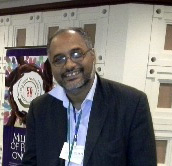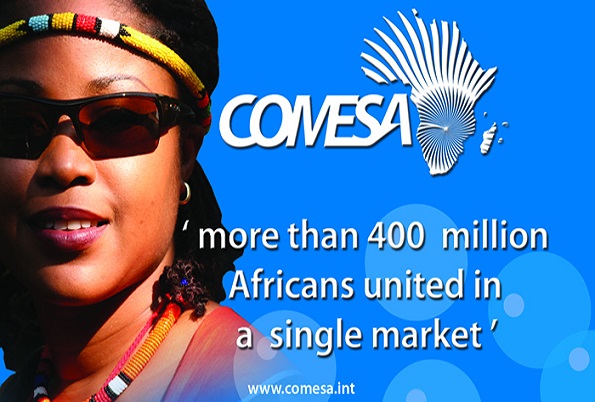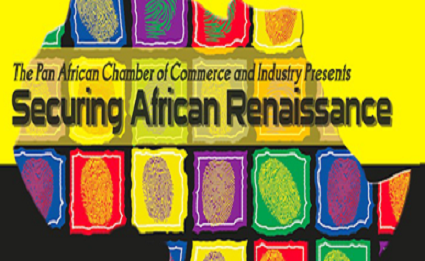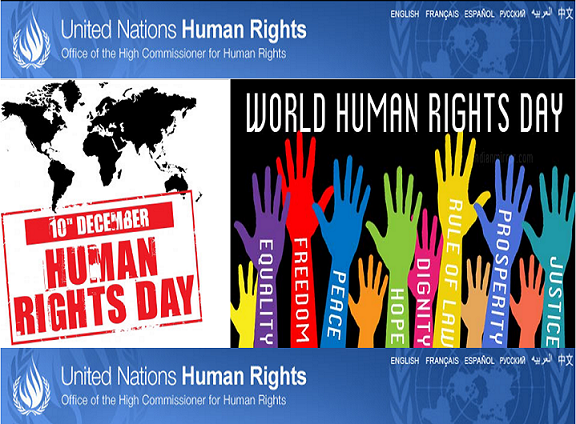The “three Generations Exhibition” – Khartoum December 10th, 2014
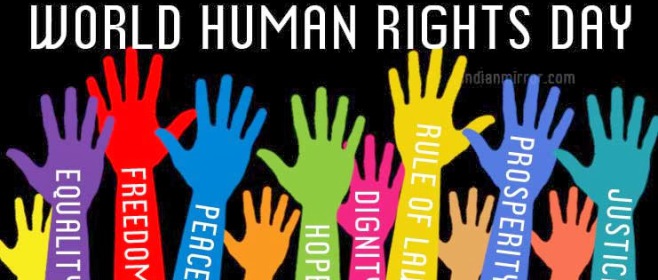
The “three Generations Exhibition” – Khartoum December 10th, 2014
By\ Mekki Elmograbi
With its three colors; blue, red and green, it doesn’t make sense it is a “human rights activity”; but in fact, it is an exhibition dedicated for human rights, and it will be on December 10th, the International Day of Human Rights.
Sudan Press Freedom organization – SPF has invited several human rights NGOs and stakeholders (Sudanese or foreign organizations) to participate with posters, brochures and pamphlets to explain theirs objectives and achievements in the field of human rights according to the concept of “the Three Generations”.
As an example, freedom of expression belongs to the first generation of human rights, but what about the other two generations? The division of human rights into three generations was firstly proposed in 1979 by the Czech jurist Karel Vasak.
The first generation of human rights, or the “blue rights”, deals fundamentally with the free participation in the political life, the full and equal citizenship must guarantee the political practice. The nature of the first generation is purely civic. The first generation is covered by articles 3 to 21 of the Universal Declaration of Human Rights which adopted on 10th of December 1948, and for this very reason this day is marked by the celebration of the International Day of Human Rights.
The second generation of human rights, “the red rights” are basically economic, social and cultural in their nature. The perfect approach is to establish the second and third generation on what has been achieved in the first generation, not to wait to for the first one to be completed, because the first generation itself needs some advancement in the second and the third ones.
The “red rights” were covered by articles 22 to 28 of the Universal Declaration of Human Rights, and lately by the International Covenant on Economic, Social, and Cultural Rights. The second generation includes these rights: right to be employed, rights to housing and health care, social security and unemployment benefits. Governments should shoulder the duty of protecting these rights because they control countries’ resources, but citizens must contribute individually or collectively to get their rights.
The “third-generation of human rights” or “the green rights” includes a broad spectrum of rights, but some of them are still controversial: “Group and collective rights – Right to self-determination – Right to economic and social development – Right to a healthy environment – Right to natural resources – Right to communicate and communication rights – Right to participation in cultural heritage – Rights to inter-generational equity and sustainability”.
The idea of the exhibition is to bring together all partners of the three generations in one place, with special attention to the concept of the three generations.

